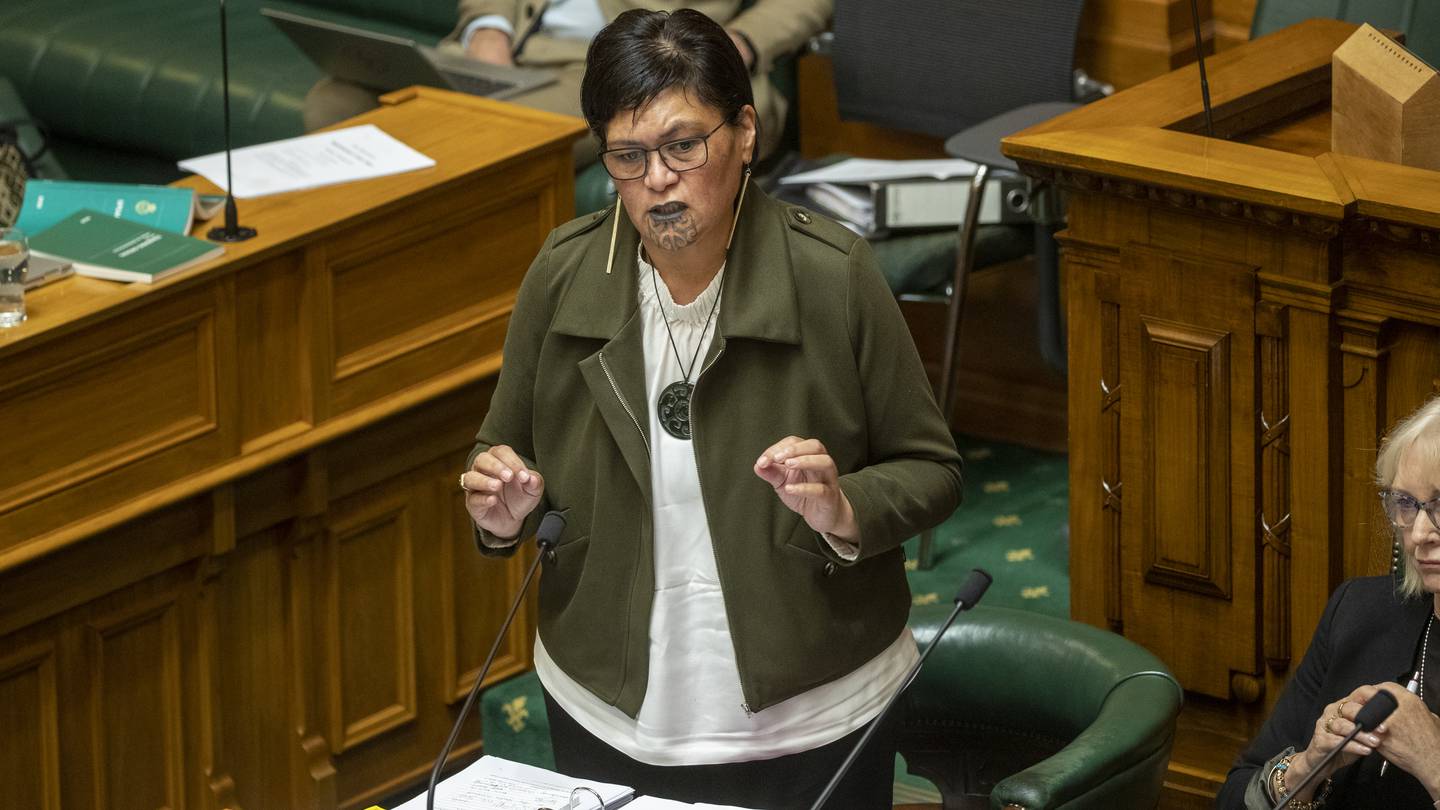
The Three Waters Entities Bill passed its third reading on the morning of December 8, ending its journey through Parliament, but just hours after it was passed, Local Government Minister Nanaia Mahuta introduced two new bills, one of which - The Water Services Legislation Bill - included 130 pages of amendments to the bill that had just passed.
National’s local government spokesman Simon Watts said this was poor law-making and smacked of mischievousness. He alleged the Government was fixing mistakes it made in the original bill, hours after it was passed, and that Mahuta chose to include fairly contentious parts of the There Waters legislation in the subsequent bill to avoid public scrutiny.
While these next two bills will go through a full select committee process, with most councils taking leave over summer, Watts reckoned they will be hard-pressed to digest the legislation and submit on it in the new year.
The new legislation sets out provisions for charging for water services, and a hefty system of fines for people who break water restrictions - up to $20,000 for an individual or $100,000 for a body corporate.
The fines are even more hefty for people who disconnect from a stormwater system without permission - up to $200,000 for an individual and up to $1.5 million for a body corporate.
It sets out an information-sharing regime between the water entities and councils, clarifies the ownership of stormwater systems that run under roads, and amps up the engagement of the new water entities with mana whenua through mandatory documents to be published by the chief executive.
It also sets out an extensive regime for what rights the water entities have when it comes to carrying out work on different kinds of land: roads, railways and marae all have separate rules. It includes rules around the discharging of trade waste.
A Government spokeswoman said the next bill “adds to the Waters Services Entities Act by setting out the detailed functions and powers of the entities. These amendments are largely technical and administrative in nature.
“The scale of this reform programme is significant and complex. Because of this, it requires separate Bills to deal with different matters.
“At the end of the whole parliamentary process, the legislation will be brought back together to stand up the Water Services Entities to provide drinking water, wastewater and stormwater services to New Zealand by 1 July 2024,” the spokeswoman said.
She said the Government had signalled there would be multiple bills, publicly and to the select committee.
Watts agreed that the fact there would be multiple bills is nothing new - however, he said the Government had not been transparent about the fact this bill, the third bill in the Three Waters reform process, would mainly be a series of amendments to the second bill.
Watts said that officials at select committee were transparent about the fact subsequent bills were coming but “wouldn’t give … any insight into what was in there”, despite the third bill being “very much relevant” to the second bill they were discussing.
Watts described the amendments as “significant”.
“There are a significant number of amendments to that prior bill - changing the definition of stormwater which takes all road water networks out of stormwater; significant strengthening around some of the Māori elements along with expectations around the Treaty and the commitments of the CEOs [of the water entities]; the provision for charging for water services; and a significant sway of regulatory or compliance amendments,” Watts said.
Watts said that while he thought fines for breaching water restrictions and other provisions of the act were fine in principle, the size of the fines “don’t pass the reasonableness test” and should be subject to public scrutiny.
“No one is arguing there shouldn’t be consequences but that’s not proportionate,” he said.
Watts described the hasty amendment as “sloppy”.
“It indicates a lack of co-ordination, a lack of consideration,” Watts said.
He said the “contentious aspects” of Three Waters were put into the bill to take advantage of the summer break, when people tend to pay less attention to politics.












